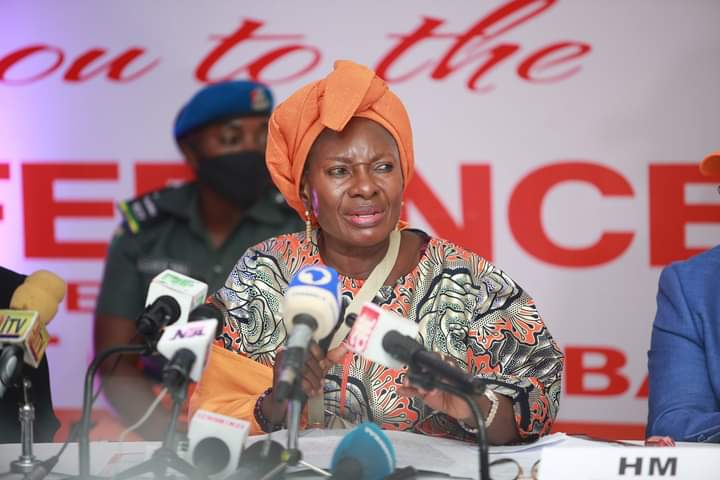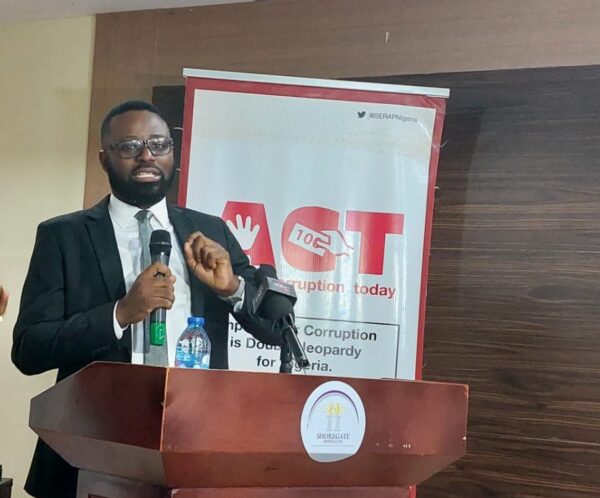Pauline Tallen, minister of women affairs, has appealed to judges presiding over sexual and gender-based violence (SGBV) cases to expedite the course of such lawsuits.
Speaking on Wednesday at the opening session of a capacity building workshop for judges handling SGBV cases, Tallen said out of 3,754 pending cases of SGBV, only 33 convictions were recorded as of 16 January.
“This is unacceptable and efforts must be made to strengthen coordination of multi-sectoral response to address this trend,” she said.
Citing data from the national situation room and a dashboard created by the ministry of women affairs, Tallen said “not much has been happening in the area of prosecution”.
Advertisement
“As of 16 January, 2023, the total number of (SGBV) cases reported was 11,918; the fatal cases were 419 closed cases 609,” she said.
Tallen emphasised “lack of survivor-sensitive approaches in court procedures, and delay in all stages of proceedings” as some of the concerns registered by survivors
She also said “secondary victimisation and culture of impunity” are also some of the problems confronting survivors.
Advertisement
“The role of judges in tackling this menace is key in assuring the women that the society cares about their plight,” she said.
“SGBV is a phenomenon deeply rooted in gender inequality and continues to be one of the most notable human rights violations within all societies.
“Many forms of such violence are rooted at power inequalities between women and men. This act includes physical, emotional, or psychological and sexual violence and denial of resources or access to service.
“Available statistics revealed that in Nigeria, 30 percent of girls and women aged between 15 and 49 are reported to have experienced sexual abuse.
Advertisement
“Insurgency, protracted conflicts, new trends in kidnapping and the recent flood which swept across the country have only served to worsen the occurrence of GBV.
“Harmful practices such as child marriage are prevalent in Nigeria with 43 percent of girls married before the age of 18; while 20 percent of women aged 15 to 49 have undergone female genital mutilation.
“Efforts must be made to strengthen coordination of multi-sectoral response to address this trend.”
In his speech, Abubakar Malami, attorney-general of the federation (AGF), said the federal government will continue to seek ways to support the judiciary in developing its capacities to adjudicate on SGBV issues.
Advertisement
“This capacity building programme is therefore organised in recognition of the central role that the judiciary plays as drivers of the machinery of criminal justice administration in Nigeria, as well as the need for dynamism on their part in expeditiously performing their role as envisaged under the Administration of Criminal Justice Act (2015),” he said.
“The capacity building programme will further aid our judges in developing insights into the emerging SGBV challenges
Advertisement
“There is, therefore, the need to bring our judiciary and other law enforcement and prosecutorial authorities to the knowledge of these dimensions of SGBV offences, as well as the nuances and dynamics of how to handle the cases.”
Advertisement
Add a comment






